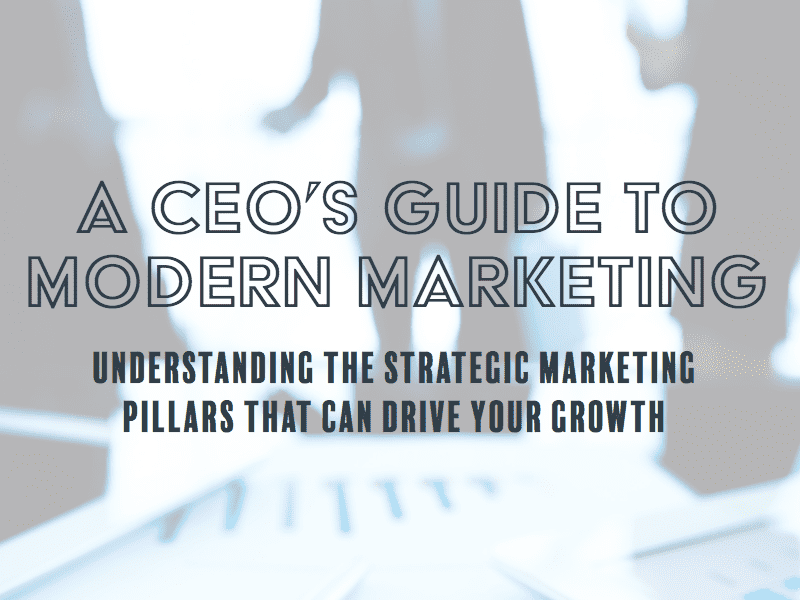Why Your Marketing Budget Should Be 8% of Revenues (or More)
Investing a significant percentage of the top line in marketing can feel risky, overkill, and simply too “expensive.” I understand—I’m a business owner, too. But when you consider that good marketing can drive an ROI of hundreds of times your investment, that budget starts to look like peanuts.
Before getting into the numbers, let’s reframe how we look at budgeting for marketing by comparing it to retirement savings.
The personal investing analogy
Do you invest 5-15 percent of your gross income into a 401K or other pre-tax savings plan? Approximately 62% of Americans invest today so their nest egg can grow year over year. Most people don’t view investing for retirement as a risky activity. In fact, employees have more anxiety when they don’t budget enough for retirement savings.
Don’t budget like it’s 1999
If investing up to 15% of personal income into your retirement accounts feels right, then why would investing 8% or more of your revenues in marketing feel wrong? My hand is raised and I’m going to provide the answer: This is what happens when you view marketing as an expense. That’s 1990s thinking. If companies put the old binoculars away, they’ll realize that good, modern marketing makes money. Many businesses are doing just that—and they’re reaping all the rewards.
Good marketing makes money!
According to Gartner, marketing budgets have climbed to 9.5% of total company revenue in 2022, up from 6.4% in 2021. Last week, I visited a professional services industry client that my firm has been working with for 18 months. Their marketing function will drive a 350% ROI this year, after an investment of just 3.5% of revenue. Next year their marketing budget will double, and I expect it to drive ROI of over 500%. Good marketing makes money!
Ready. Set. Budget!
If you’re ready to commit to marketing as an investment that drives revenue, but you’re unsure how to allocate the funds, it’s wise to have a strategic marketing consultant or fractional CMO guide you.
In general, businesses that haven’t spent much on marketing in a while (or ever) will need to level-up their brands, websites, value propositions, collateral, and social media presence. Their annual budgets should be skewed towards building a strong foundation. (See Figure A.)
Companies that have invested in their brands and online presence should focus their budgets more on talent—the people who’ll create original content and cost-effective outreach through channels like email and social media. Public relations and paid advertising are likely to be part of the mix for businesses at this stage. (See Figure B.)
Figure A.

Figure B.

Steady as she goes
Once your business commits to investing in marketing, you need to stay the course or you’ll waste your resources. Marketing is not sales, and that makes consistency an even more critical success factor.
Don’t get spooked by slow lead generation at first, especially if your scenario is more like Figure A than Figure B. Today’s buyers, especially in B2B, navigate their own journey. If you’ve been (mostly) absent from the market, you can’t expect them to jump from awareness to closed deal in a minute. But with a marketing budget of 8% of revenues or more and a marketing strategist to lead the way, you’ll take a giant step forward towards a substantial ROI.






